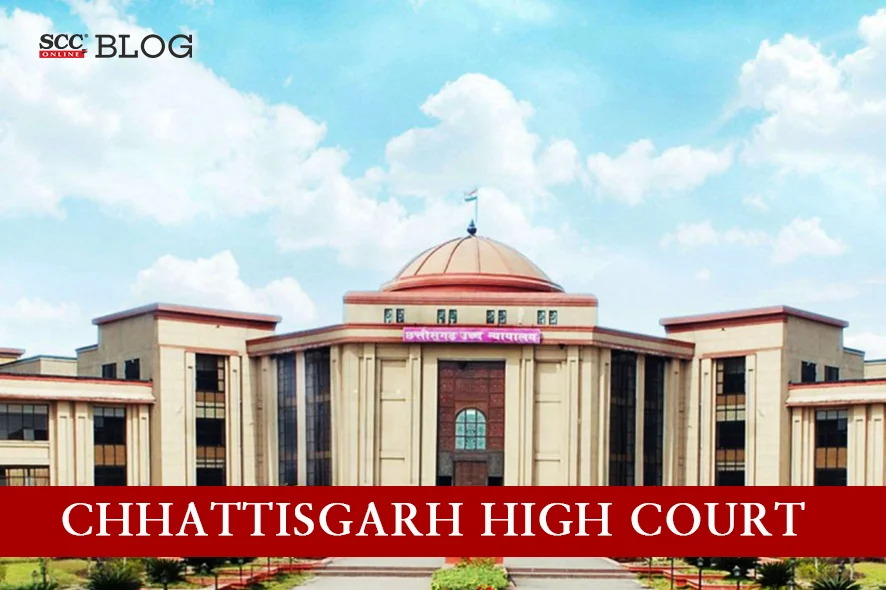Chhattisgarh High Court: In a revision petition filed under Section 397 and 401 of the Criminal Procedure Code, 1973 (‘CrPC’), Deepak Kumar Tiwari,J., opined that the appeal against the order of acquittal in prosecution for the offence punishable under Section 138 of Negotiable Instrument Act, 1881 (‘the NI Act’) would lie to the High Court under Section 378(4) of the CrPC.
In an instant case, the judgment of acquittal dated 13-01-2023, was passed by the 8th Additional Sessions Judge, District Durg (‘the Appellate Court’), whereby the Appellate Court had dismissed the appeal filed under Section 372 of the CrPC, and observed that in a complaint case filed under Section 138 of the NI Act, a complainant could file an application for special leave to appeal against an order of acquittal of any kind, only to the High Court by invoking the powers under Section 378(4) of the CrPC. Thus, the applicant filed the present revision petition.
The Court relied on Mallikarjun Kodagali v. State of Karnataka (‘Mallikarjun Kodagali case’) (2019) 2 SCC 752 and opined that the term ‘complaint’ was defined in Section 2(d) of the CrPC and any allegation made orally or in writing to a Magistrate that some person, had committed an offence, would fall within the meaning of ‘complaint’. However, the definition specifically excluded a police report. The Court further opined that once special leave to appeal was granted by the High Court, Section 378(4) of the CrPC provided the complainant with the right to file appeal against acquittal in a case instituted upon a complaint.
Thus, the Court affirmed the decision of the Appellate Court and opined that the appeal against the order of acquittal in prosecution for the offence punishable under Section 138 of the NI Act, would lie to the High Court under Section 378(4) of the CrPC.
[Tarkeshwar Sahu v. Amit Lilhare, 2024 SCC OnLine Chh 187, Order dated 08-01-2024]
Advocates who appeared in this case :
For the Applicant: Rudranath Mukherjee, Advocate
For the Non-Applicant: Virendra Verma, Advocate








